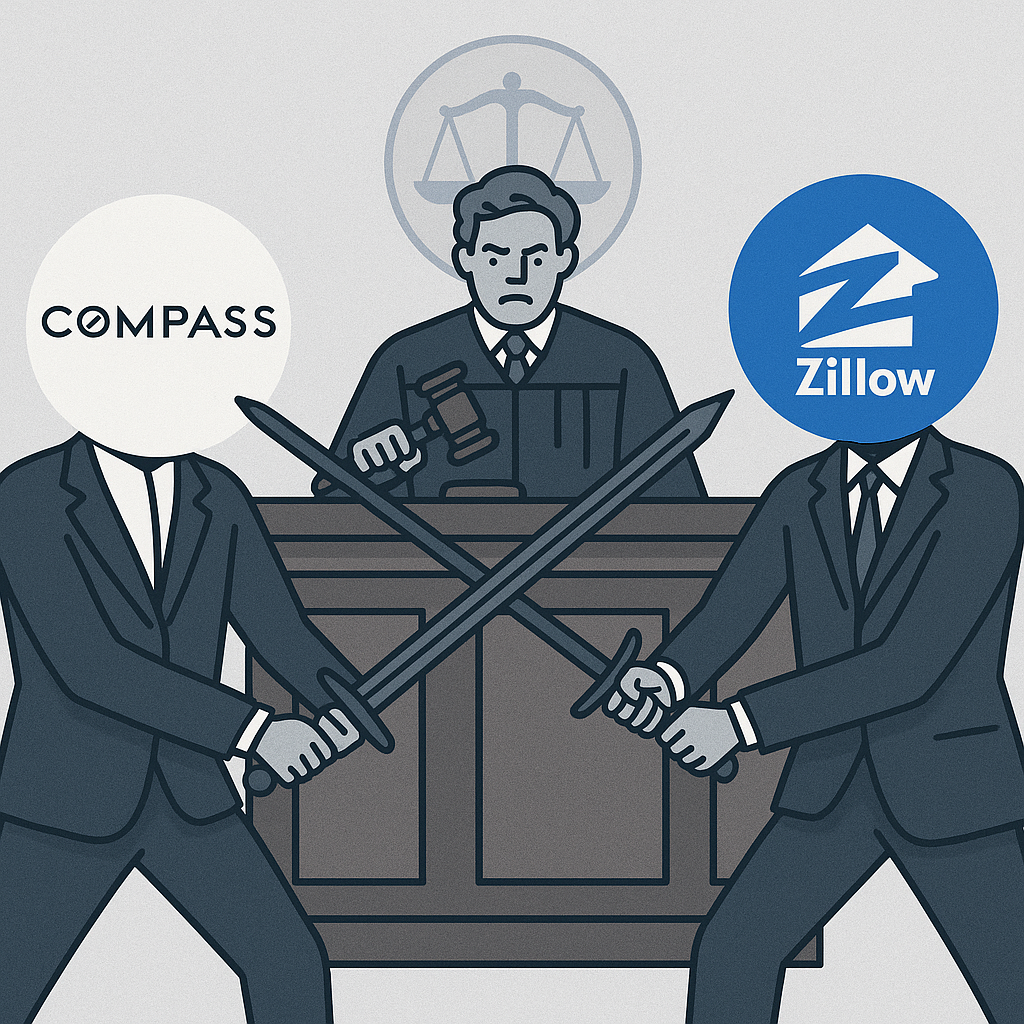
Over the years, I’ve watched this industry change in a lot of ways—but I’ve rarely seen a company founder publicly challenge the power structures of organized real estate quite like Robert Reffkin did last week during Compass’s retreat in Denver. His keynote speech, aimed at Compass agents, was less about motivation and more of a pointed indictment of NAR, MLSs, and portals like Zillow. Whether you agree with him or not, he raised some serious questions that the broader real estate world can’t ignore.
Reffkin framed the issue as “choice versus control,” painting organized real estate as a system designed not to protect consumers, but to maintain control over listing data and membership dues. He made the case that MLSs and trade associations—backed by $2B in annual agent dues and $86M in lobbying spend—have gone well beyond their original missions. He described Clear Cooperation rules as less about collaboration and more about squashing alternative listing platforms, especially those that allow for strategic pre-market exposure or “private exclusives” that don’t route through the usual channels.
Read More




